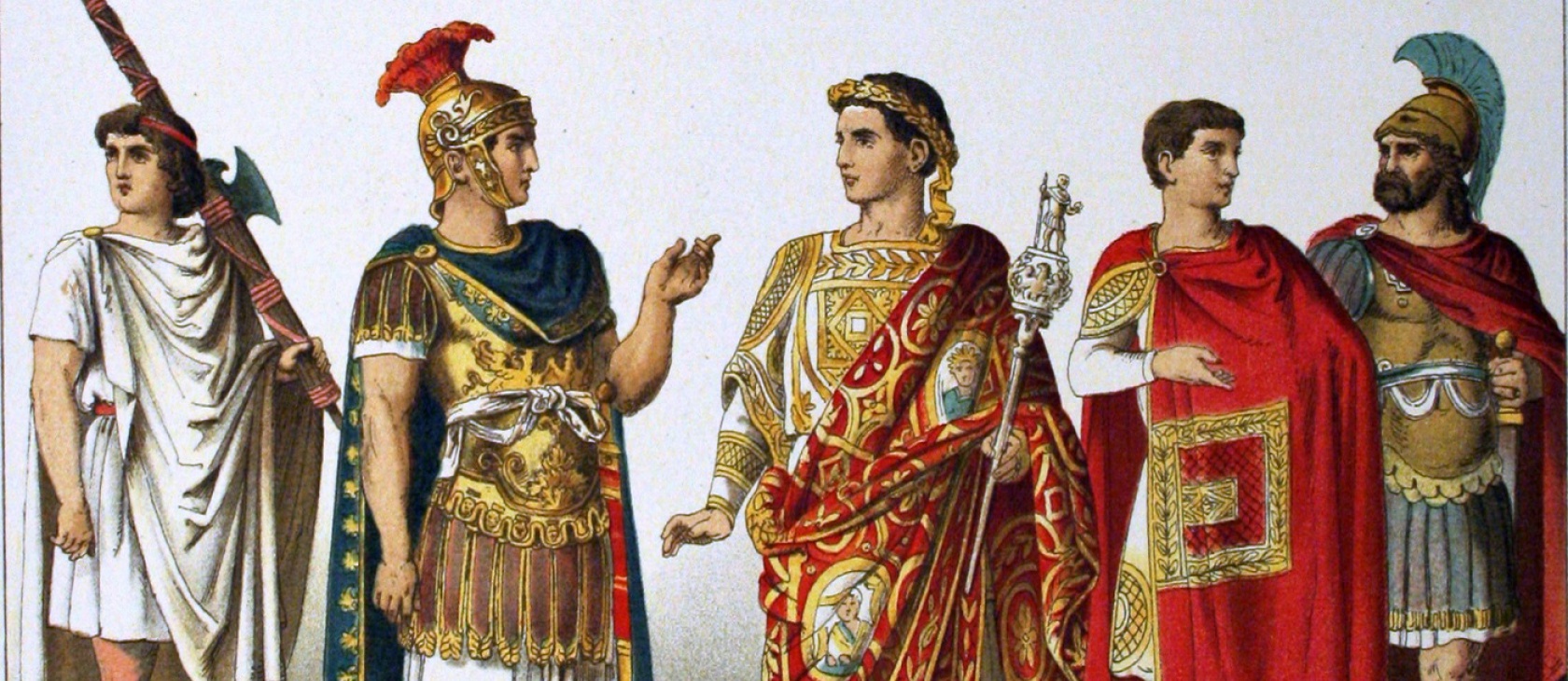In the 2000 movie Gladiator, the general Maximus (played by Russell Crowe) assembles his forces for battle against the Germanic tribes, near Vindobona on the Limes Germanicus. Before the battle begins, he tell his soldiers, “What we do in life echoes in the eternity.” Then he exhorts them to show “strength and honor” and “at my signal, unleash Hell.”
Although it may not have been director Ridley Scott’s intention, the legion’s ready response to Crowe’s orders show important components of justice: observance and its connected virtues, honor and obedience.
In the Summa Theologicae, Thomas Aquinas distinguished nine virtues that are potentially connected with the cardinal virtue of justice. They are: religion (religio), piety (pietas), observance (observantia), gratitude (gratitudo), vengeance (vindicatio), truthfulness (veritas), amiability (amicitia), liberality (liberalitas), and equity (epieikeia). Alongside observance, he lists honor (dulia) and obedience (obedientia).
Of these, three are specifically connected with authority: observance, honor, and obedience.
In our societies, there is always someone who excels above others through his or her personal characteristics. Leaders, heroes, saints, role models, bosses, political representatives, and people in every field of endeavor outshine others at least in respect to some particular talent. In this sense, they tendentially become an authority within that group, team, or society. We should especially respect and revere these persons who have these particular skills and, by virtue of that mastery, recognize their authority. Aquinas writes that such recognition is due, because “science, virtue, and all like things render a man fit for positions of dignity.” So, the virtue of observance consists in recognizing the abilities of the deserving, and giving them due honor which, Aquinas writes, “denotes a witnessing to a person's excellence.”
The observance of excellence, and consequent honor and obedience, is an innate tendency throughout creation. Apparently, the same happens among irrational animals. In the jungle, male lions recognize other male lions as leaders based on their strength or the vibrancy of their mane. In this particular case, all other lions instinctively recognize him as the leader of the group and behave deferentially.
Cronyism violates these principles.
In this way, we can connect to the other social virtue: obedience. Observance and obedience always walk together. Synthesizing authors as diverse as Kropotkin, Hobbes, and Lévi-Strauss may convince us that obedience is an innate tendency that helps provide security and social order. However, obedience is conditioned upon man-made or positive law being in accordance with the natural law and, for Aquinas, the laws of God. In his view, any law that violates natural law is no law. (In this way, no ruler has absolute power except God. He is absolute, transcendent, and infinite. Thus, it is incorrect and inappropriate, as well as a violation of justice, to give absolute power or obedience to any finite being.)
These virtues create a unique obligation within a democratic form of government. In a democratic nation, the people in a sense constitute the government. Hence, the virtue of observance requires voters to be educated and informed about all the issues that come under their purview and to elect candidates whose values are in accordance with the natural law and constitutional order. Since good leaders are those who make good laws, voters must be able to elect such leaders, or to distinguish between them and harmful demagogues. This implies that, to the extent that financial matters come before voters, they must educate themselves about the principles of economics to properly exercise their function in the government.
Cronyism violates these principles. Awarding government contracts on the basis of personal connections not only robs citizens of superior products or services, but rewards inferior goods that are unworthy of being patronized.
It is vital to remember in the context of obedience that, to become virtuous, it’s necessary to do something of one’s free will. If we are not free, when we act, then there is no space for virtue. If we act in response to external or internal pressures, we do not mature or acquire the habits necessary to become good people. We become virtuous when we do something, not because something or someone imposed that deed upon us, but chiefly because we know that to do this thing is good, right, just, and correct. The goal of any system must be to create a free and virtuous people who desire to do good. They will properly exercise the virtues of observance, honor, and obedience, and the human race will prosper.




